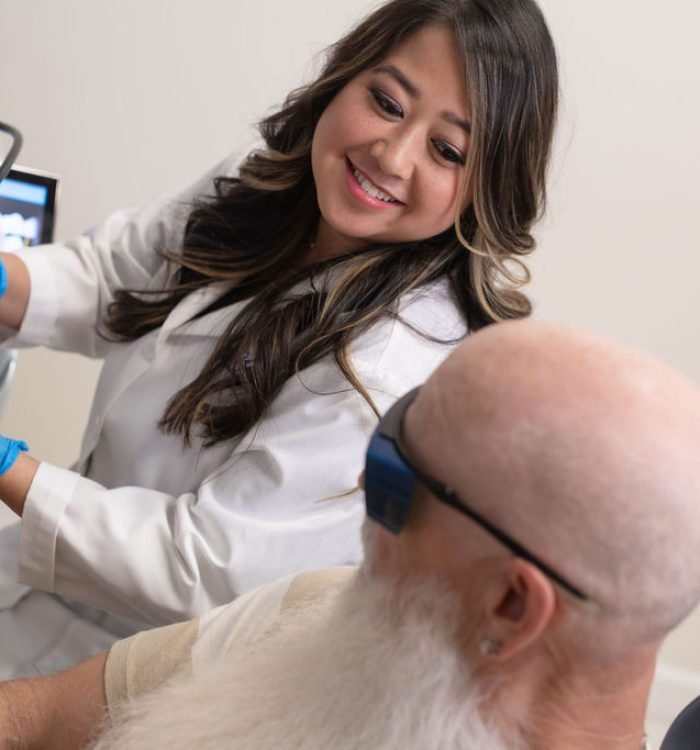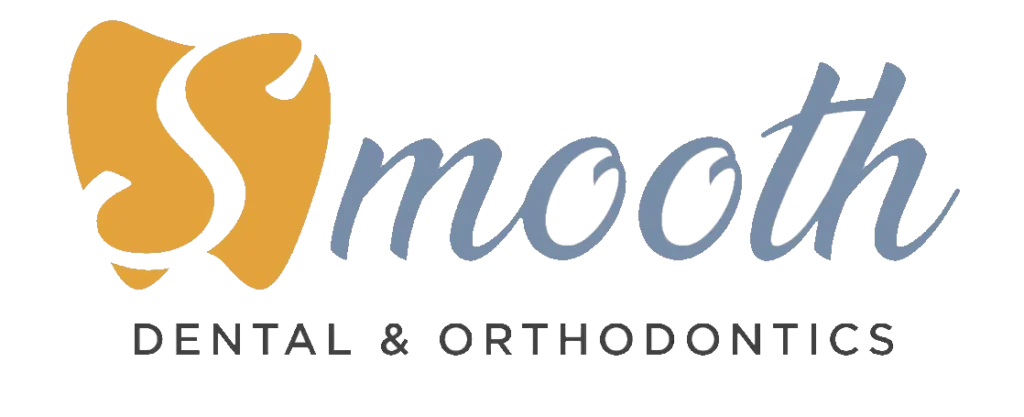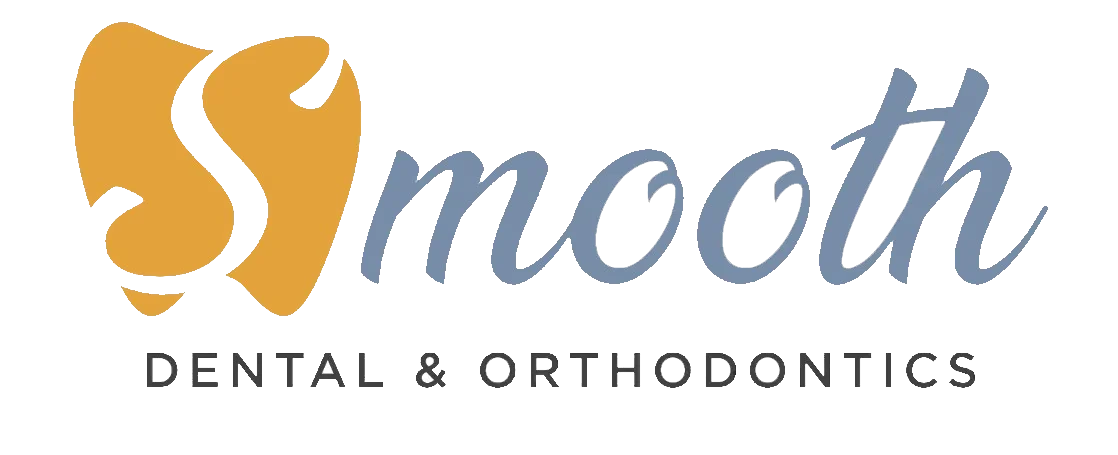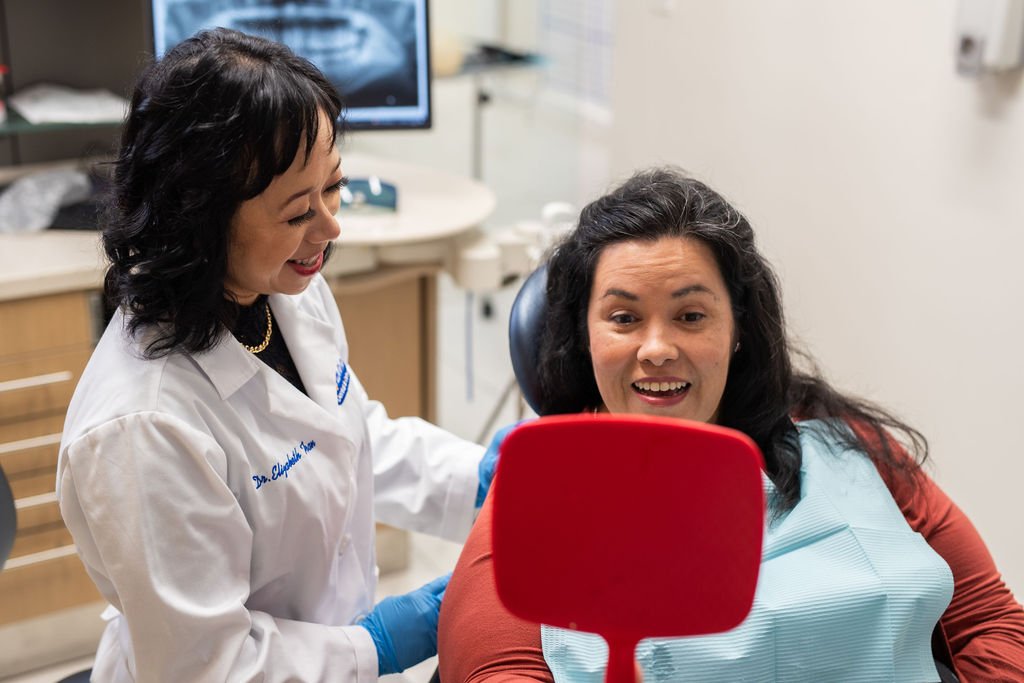
Introducing
TMJ Treatment
in La Habra, CA
TMJ treatment focuses on the effective management of temporomandibular joint (TMJ) disorders, which impact the jaw joint and surrounding muscles. At our advanced dental care practice, we offer personalized solutions to alleviate discomfort and improve jaw function. If you’re searching for a dentist near me accepting new patients, our skilled team is ready to help. Whether through non-invasive therapies or more advanced options, our goal is to provide you with lasting relief from TMJ pain. Our team works closely with specialists, including endodontists, to ensure a comprehensive approach to your care.
How Are These Disorders Treated?
✓ Conservative Treatments: Lifestyle changes, jaw exercises, physical therapy, and stress management techniques are often recommended to alleviate TMJ symptoms naturally. These approaches help reduce pain and improve jaw function without invasive procedures.
✓ Medications: Pain relievers, muscle relaxants, and anti-inflammatory drugs can help manage pain and inflammation associated with TMJ disorders. These medications provide short-term relief and are often part of a broader treatment plan.
✓ Oral Appliances: Custom splints, mouthguards, or bite guards are designed to alleviate jaw pain and prevent harmful habits like teeth grinding or clenching. These appliances are effective in reducing TMJ discomfort, especially at night.
✓ Dental Treatments: Advanced dental care options like orthodontic adjustments, dental restorations, or occlusal adjustments address underlying dental issues that may contribute to TMJ disorders. These treatments help align your bite and relieve strain on the jaw joint.
✓ Injections: Corticosteroids or botulinum toxin (Botox) injections target muscle tension, providing relief from TMJ-related pain. These injections are minimally invasive and offer longer-term symptom control for many patients.
✓ Surgery: For severe TMJ cases that don’t respond to conservative treatments, surgical options such as arthrocentesis, arthroscopy, or open joint surgery can repair or replace damaged joint structures. Surgery is considered the last resort for restoring jaw function and relieving pain.
When Might I Need a TMJ Treatment
Chronic Jaw Pain
Persistent jaw pain can indicate a TMJ disorder, requiring professional evaluation and treatment to alleviate discomfort.
Clicking Or Popping Sounds
If you hear clicking or popping sounds when opening or closing your mouth, TMJ treatment may be necessary to address joint dysfunction.
Limited Jaw Movement
Difficulty or pain when moving your jaw can hinder daily activities like eating and speaking, signaling the need for TMJ intervention.
Frequent Headaches
TMJ disorders can cause tension headaches or migraines, and treating the TMJ issue can help reduce or eliminate these headaches.
Teeth Grinding (Bruxism)
Grinding or clenching your teeth, especially at night, can strain the jaw muscles and joints, making TMJ treatment essential.
Ear Pain Or Ringing
Ear pain or tinnitus without an ear infection can be related to TMJ problems, and treating the TMJ disorder can relieve these symptoms.
TMJ Treatment
What Causes TMJ Disorders?
• Jaw Injury: Trauma to the jaw joint, such as a blow to the face or whiplash, can lead to TMJ disorders by damaging the joint or surrounding muscles.
• Teeth Grinding or Clenching (Bruxism): Habitual grinding or clenching of teeth, especially during sleep, places strain on the jaw muscles, contributing to TMJ symptoms over time.
• Misalignment of the Teeth or Jaw: Malocclusion (misaligned teeth) or an improper bite can stress the TMJ, leading to dysfunction and discomfort in the jaw joint.
• Arthritis: Conditions like osteoarthritis or rheumatoid arthritis can affect the TMJ, causing inflammation, joint deterioration, and pain.
• Stress: Emotional stress and anxiety often cause muscle tension and jaw clenching, which can exacerbate TMJ symptoms.
• Poor Posture: Slouching or poor posture, especially in the neck and upper back, affects the jaw’s alignment and may contribute to TMJ dysfunction.
• Hormonal Changes: Hormonal fluctuations during pregnancy, menopause, or other life stages can affect the TMJ and trigger symptoms.
• Dental Procedures: Prolonged dental treatments that require extended mouth opening may strain the jaw muscles, leading to TMJ-related discomfort.
• Other Factors: Certain habits, like chewing gum excessively, biting on hard objects, or maintaining poor nutrition, can also contribute to TMJ disorders.
It’s important to recognize that TMJ disorders have a complex and multifactorial origin, often involving a combination of these factors. Seeking evaluation and treatment from a healthcare professional, such as a dentist or endodontist, can help identify the root causes of your TMJ symptoms and develop an effective treatment plan.
DIAGNOSIS
How Is TMJ Diagnosed?
TMJ disorders can often be diagnosed and treated by dentists, particularly those with specialized training in TMJ-related conditions. A definitive diagnosis requires a comprehensive evaluation, which typically includes several steps:
Clinical Examination: The dentist will carefully examine the jaw joint, muscles, and surrounding tissues. They will check for signs of dysfunction, such as pain, tenderness, clicking, limited motion, or muscle spasms.
Medical History Review: A thorough review of your medical history helps pinpoint contributing factors, including previous jaw injuries, teeth grinding, arthritis, stress, or other conditions that may impact the temporomandibular joint.
Diagnostic Imaging: X-rays, panoramic radiographs, or MRIs are often used to evaluate the structure and condition of the TMJ. These images provide valuable insights into the extent of the disorder.
Functional Assessment: The dentist will assess jaw alignment, range of motion, and function during activities like opening the mouth, chewing, and speaking. This functional assessment helps in determining the severity of the TMJ disorder.
By undergoing this thorough evaluation, you can receive an accurate diagnosis and tailored TMJ treatment plan at our advanced dental care center. If you’re looking for a dentist near me accepting new patients with expertise in TMJ disorders, we’re here to help.













MORE
About TMJ Diagnosis
While dentists often lead the diagnosis and treatment of TMJ disorders, collaboration with other healthcare professionals may be necessary in more complex cases. This can include working with oral surgeons, orthodontists, physical therapists, or primary care physicians to provide a comprehensive approach. In such cases, additional evaluation or specialized treatment may be required to address all aspects of the disorder.
It’s essential to seek care from a qualified healthcare provider experienced in managing TMJ disorders. By doing so, you ensure an accurate diagnosis and a customized treatment plan tailored to your specific needs. If you’re looking for a dentist near me accepting new patients who specializes in TMJ treatment, we’re here to guide you through every step of the process.
Did you know?
Fun Fact About TMJ Treatment
Did you know that custom-made dental appliances like night guards can significantly reduce TMJ symptoms? These devices prevent teeth grinding and clenching during sleep, which helps to alleviate jaw pain and discomfort, allowing for a more restful night’s sleep and healthier jaw function.





